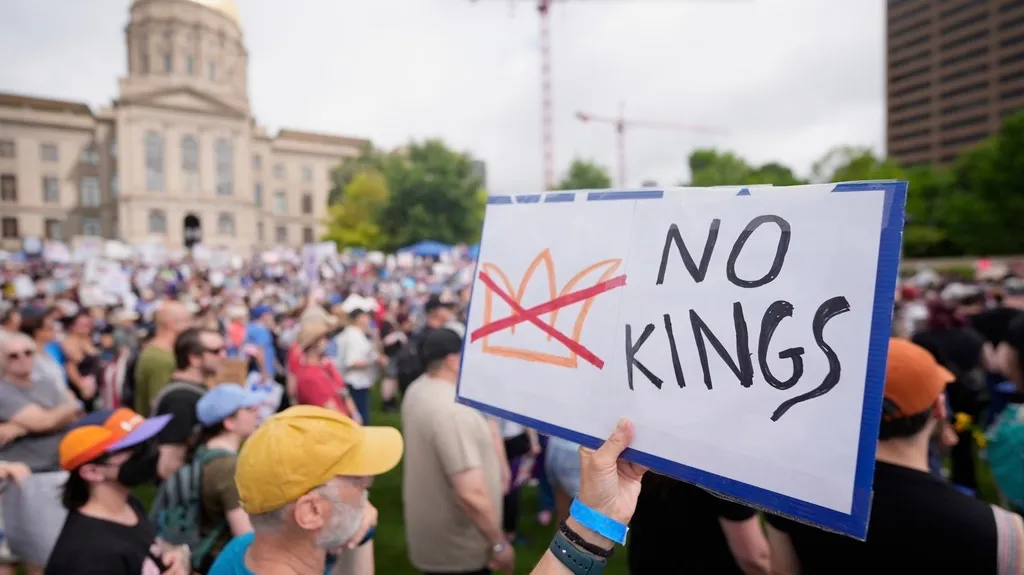October 8, 2012
Limits Placed on St. Petersburg's 'Gay Propaganda' Law
Jason St. Amand READ TIME: 2 MIN.
Russia's Supreme Court recently upheld St. Petersburg's controversial law that bans "gay propaganda," after a gay rights activist challenged the measure. The court was specific in the way it can be applied, however, Think Progress reported.
The ruling states that the law can only be "enforced against direct appeals to minors to engage in homosexual activity," the website writes. This means that gay pride parades and LGBT right rallies are still legal.
The measure was first approved by the Legislative Assembly of St. Petersburg and was signed into law by the regional governor. It went into effect on March 30 and fines individuals up to $17,000 for "promoting homosexuality" and "pedophilia" among minors. Those who violate the law can face jail time as well.
Even though the new ruling allows gay parades, a number of people who participated in gay-oriented demonstrations in the city have been arrested in the past. According to the Associated Press, Russian police broke up two gay rallies in July, which resulted in the arrest of eight gay activists. EDGE also reported that 17 gay activists protesting the measure were arrested in May.
Additionally, AP notes that Nikolai Alexeyev, a prominent Russian gay rights activist, was convicted and fined for "gay propaganda" among Russia's youth. The activist was fined 5,000 rubles ($170 U.S.) for breaking the law.
The conservative website Life Site News reported that last month the Russian Supreme Court upheld a similar ruling that was passed in the Arkhangelsk region. Two other regions, Ryazan and Kostroma, have similar laws on the books.
In Moscow, a city court upheld the decision of a lower court's ruling to ban gay pride parades in the country's capital for the next 100 years, EDGE reported.
"We wanted to see the reaction so we could show the European Court of Human Rights that it's not just past events which are banned illegally but also the future events," Alexeyev said. "It was a way for us to show the absurdity of the system for gaining permission for public events."
St. Petersburg's bill attracted international attention because the city is considered the most Western-looking, both literally and politically. After the controversial measure received worldwide media attention, Madonna said she would stand up against the law during her scheduled concert in St. Petersburg, EDGE noted.
"I will come to St. Petersburg to speak up for the gay community and to give strength and inspiration to anyone who is or feels oppressed," the singer told Bloomberg Businessweek. "I don't run away from adversity. I will speak during my show about this ridiculous atrocity."
At her concert, she wore black lingerie with the words "No Fear" scrawled on her bare back. Pink wrist bands symbolic of gay rights were given to all concertgoers.


